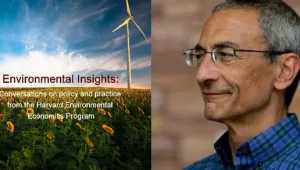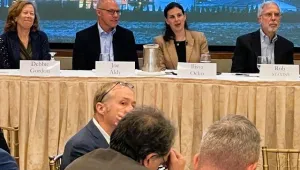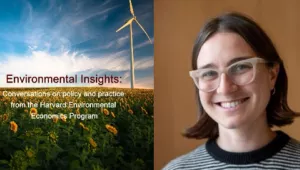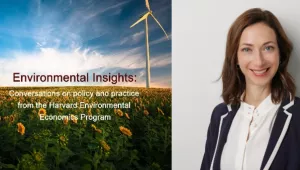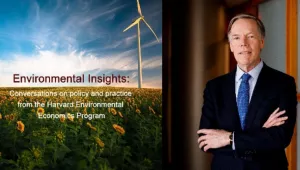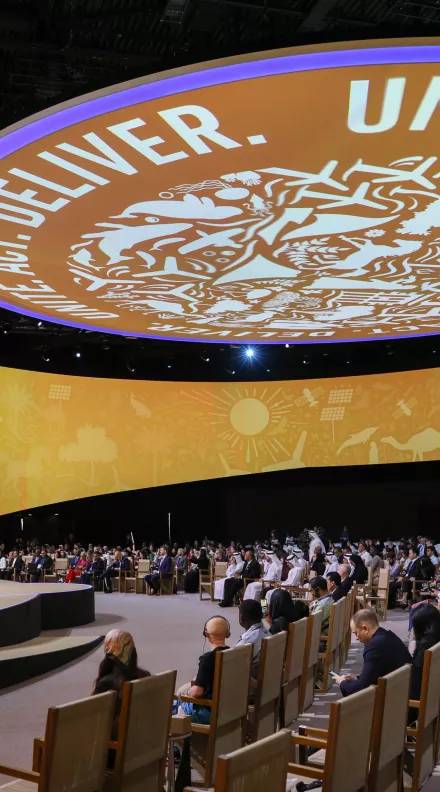
Harvard Project on Climate Agreements
-
Director

-
Co-Director

-
Associate Director

Overview
The Harvard Project on Climate Agreements identifies and communicates scientifically sound, economically sensible, and politically pragmatic public policy options for addressing global climate change. The Harvard Project's research focuses on policy architecture, key design elements, and institutional dimensions of international and domestic climate-change policy—and draws upon leading scholars and policy practitioners from around the world.

Harvard Methane Initiative Conducts Research Workshop in São Paulo, Brazil
Brazilian scientists, policy makers, and legal experts engage with Harvard methane researchers.
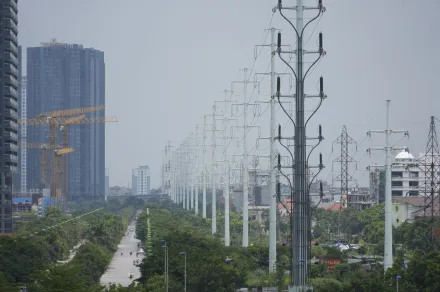
Navigating the Grid’s Perfect Storm
The Harvard Project and Enel Foundation hosted a Webinar on Key Issues Facing the Power System
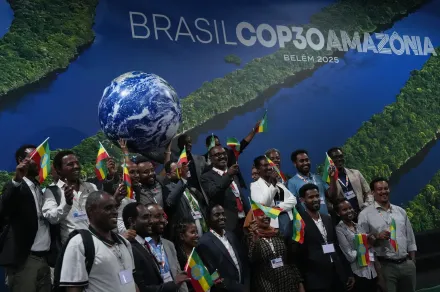
Catherine Wolfram on COP30 and the Prospects for Climate Coalitions
Energy Economist Catherine Wolfram shared her thoughts on COP30 and on the prospects for climate coalitions to significantly reduce CO₂ emissions.

Environmental Insights
Conversations on policy and practice from the Harvard Environmental Economics Program.


